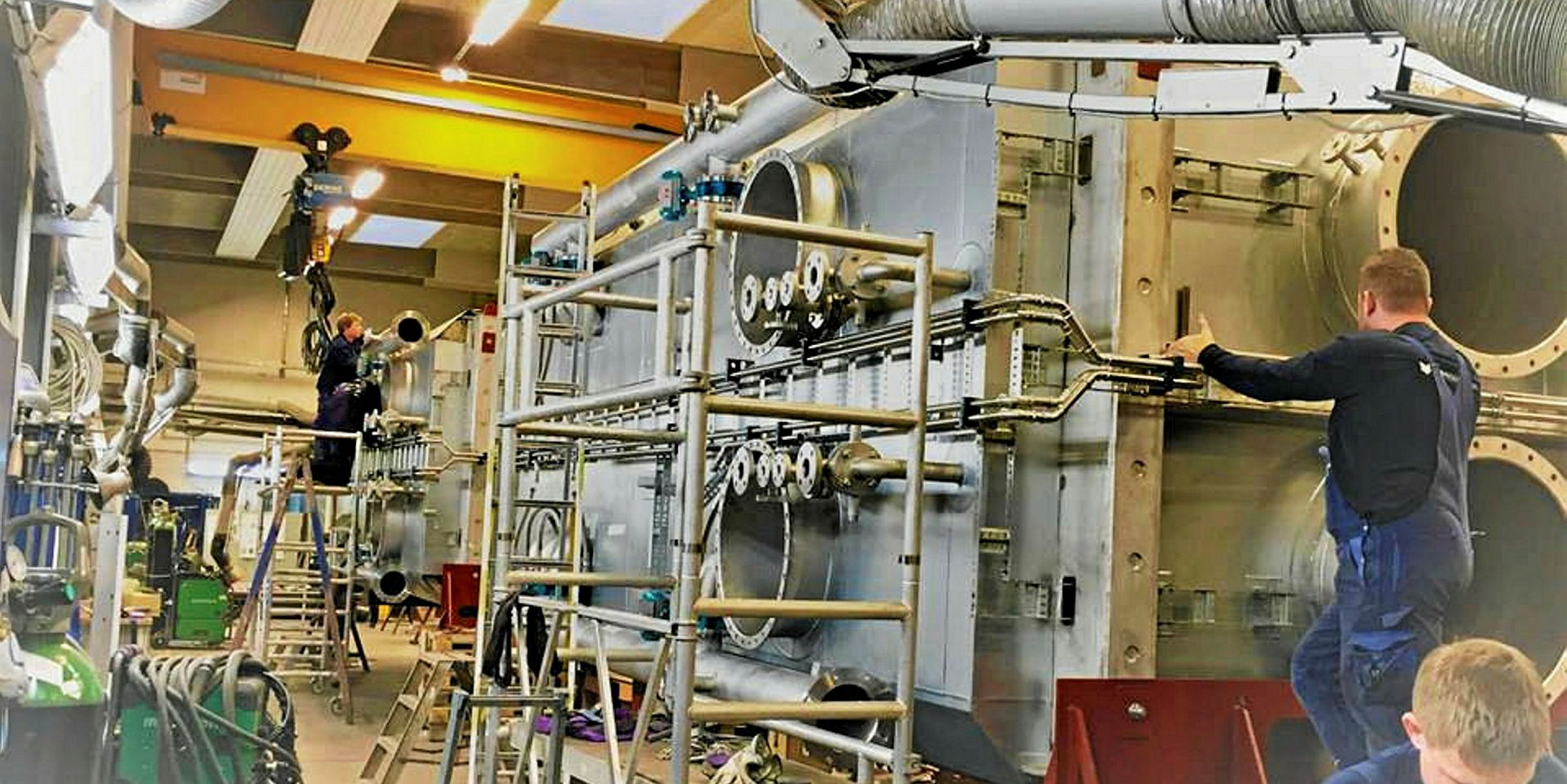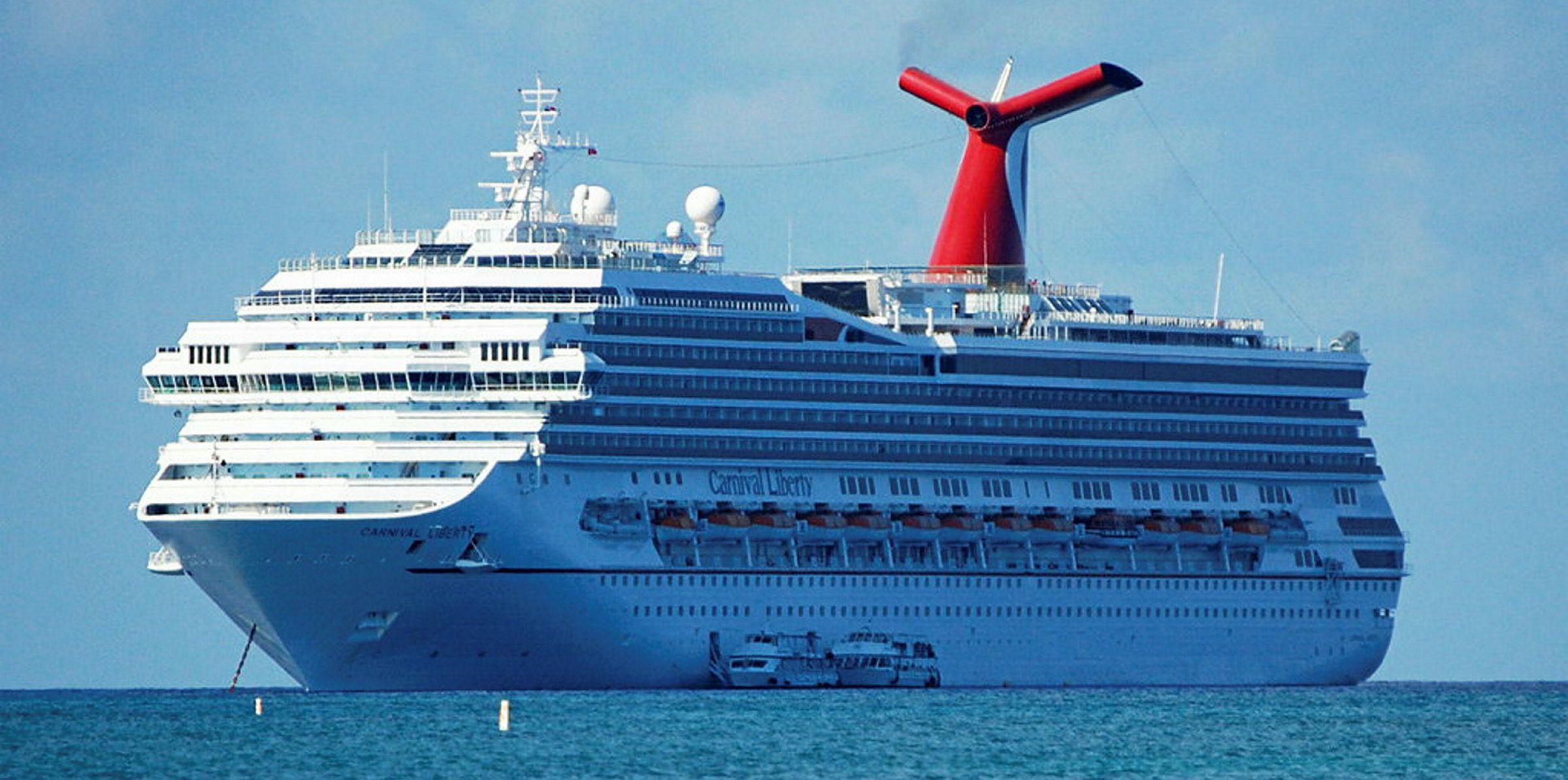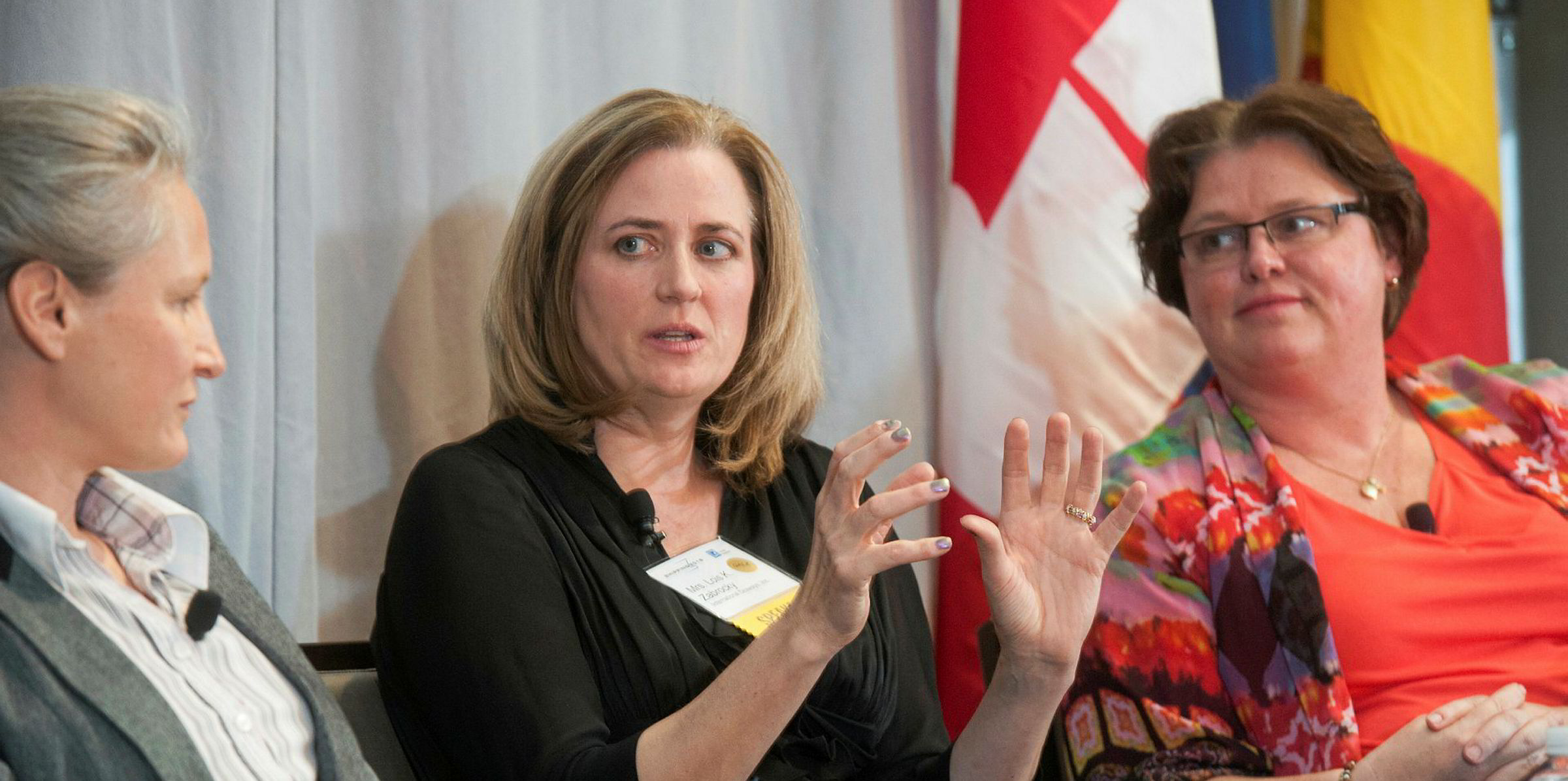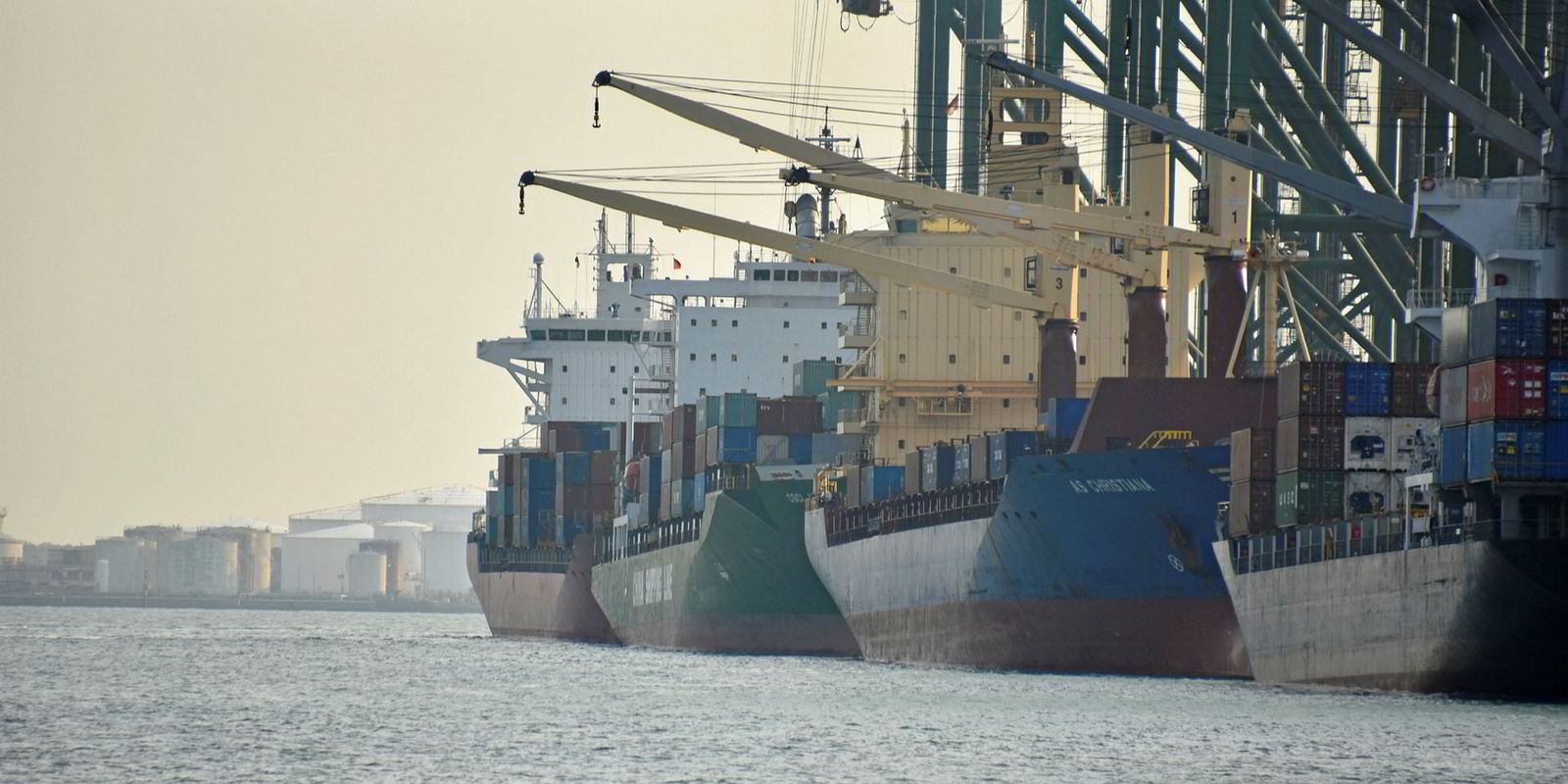The pro-scrubber Clean Shipping Alliance 2020 says more than 20 ports have committed to allowing the open-loop version of the exhaust cleaning technology — and the ones that banned it are beginning to have second thoughts.
The 36-member advocacy group, with a collective fleet of more than 2,500 ships, said on Thursday that ports across the globe have assured them they would not ban open-loop scrubbers unless "compelling new research comes to light" following meetings with the alliance's executive committee.
"With a significant number of world ports having now assessed the evidence and decided not to ban the use of open-loop scrubbers, we encourage other port authorities to consider the independent research and analyses before making any decisions," said committee member William Nugent, who also serves as vice president at International Seaways.
TradeWinds requested a list of ports that the Clean Shipping Alliance 2020 received letters from, but no list had been provided at the time of writing.
Scrubbers are one way that shipowners are choosing to comply with the upcoming IMO 2020 regulations, which cap sulphur emissions at 0.5%. The devices use wash water to remove sulphur content from fuel. In an open-loop system, the seawater is used and the treated water is discharged into the ocean.
Singapore has been the highest-profile port to ban open-loop scrubbers thus far. The Port of Fujairah has followed suit, while China's Maritime Safety Administration has issued bans in some waters.
The alliance said it presented the port authorities with scientific studies from classification society DNV GL and Japan's Ministry of Land, Infrastructure, Transport and Tourism.
DNV GL's study lasted three years, analysing 281 wash water samples from 53 scrubber-equipped ships and found them to be within IMO's allowable limits.
The Japanese study found that sulphur levels would be dissolved with negligible effects from other pollutants, even in its worse-case scenario envisioning a 10-year period of concentrated use in enclosed areas such as Tokyo Bay.
Other studies have found open-loop scrubbers to potentially be more harmful. In February, the German Environment Agency found open-loop scrubber effluent a "direct pollution source" to waterways. The IMO has called for more studies looking into the issue.
Clean Shipping Alliance 2020 general manager Christopher Fee said he hopes to have more written confirmations in place soon thanks to the evidence, along with others backing off their bans.
"It appears that some ports are revoking their earlier decisions to restrict open-loop scrubber use now that more academic studies have been made publicly available," he said.






